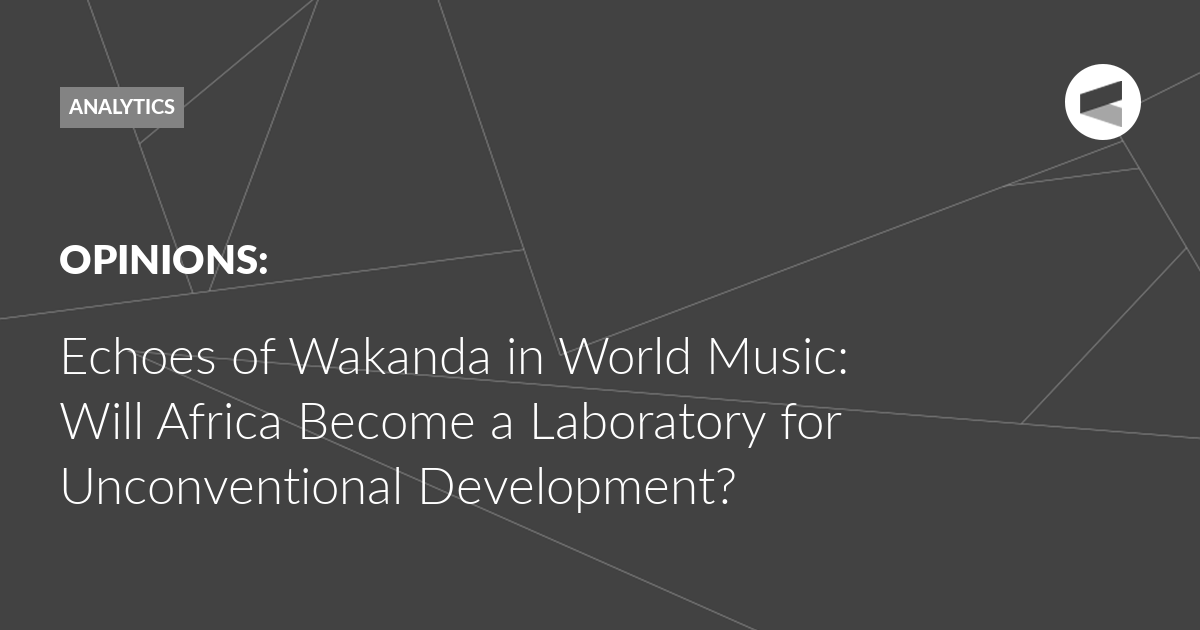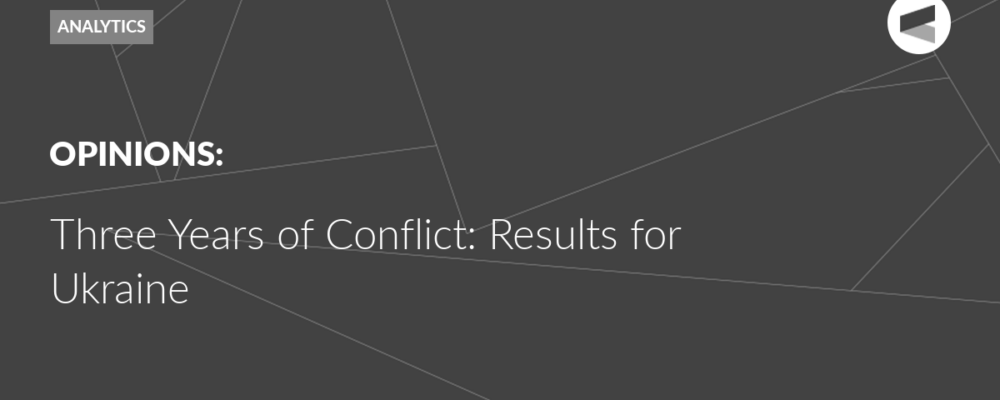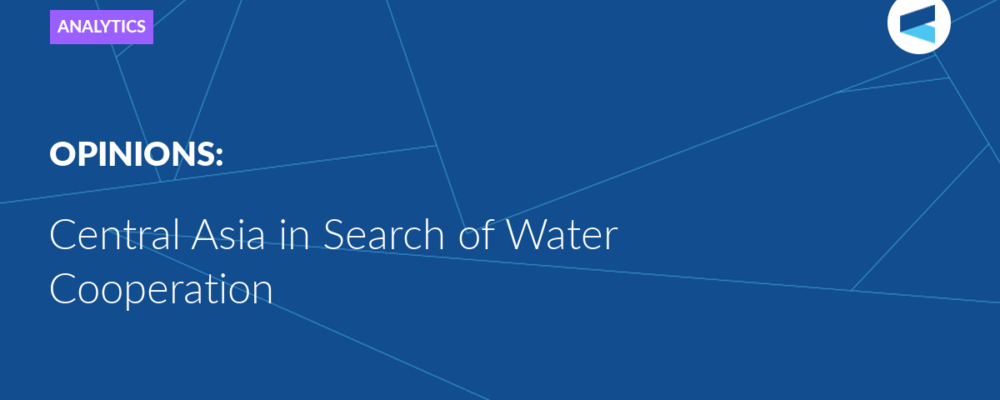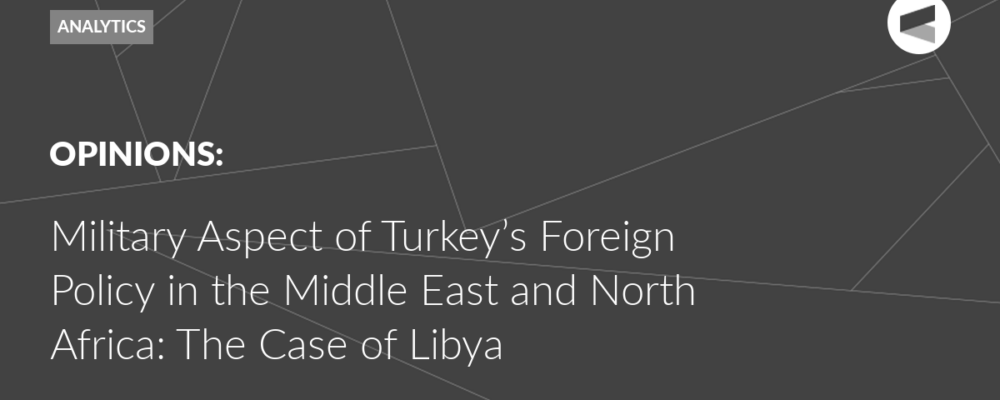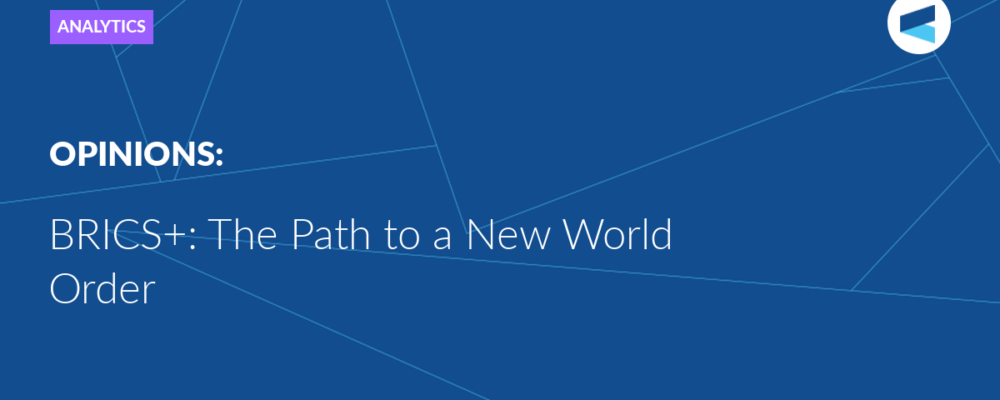The strategic future of Africa is not predetermined, and understanding the in-depth factors of prosperity and decline allows us to outline a prognostically probable and original trajectory of its renaissance, writes Nikita Ryabchenko, researcher of international relations and world development (Belarus). The author is a participant of the Valdai – New Generation project.
The future architecture of the world order is emerging around several civilisational and techno-economic centres of development. At present, the most prominent of them are the Atlantic centre (“Columbian nations”) led by the United States, and the Far East – led by China. In turn, the African continent, despite being a focus of geostrategic attention, in the 21st century is perceived rather as a source of key resources and an arena for rivalry between external stakeholders. Meanwhile,
Despite the abundance of natural and human resources, ensuring prosperity and civilisational progress in Africa in the interests of the majority of the local population can still be considered a “task with an asterisk”. The continent still faces acute security challenges: smouldering armed conflicts, pseudo-Islamic fundamentalism, high terrorist activity, cross-border organised crime and inter-tribal strife. The problem of political stability and strategic course continuity remains unresolved, which is associated with the nature and origin of the elites, as well as with the peculiarities of local political systems behind the facade of procedural democracy.
In the economic plane, along with the continuing activity of Western TNCs, the factor of Chinese investment and infrastructure is of great importance. China has expressed a growing interest in Africa’s strategic natural resources in light of the competition for leadership in the new technological world order. Finally, despite individual successes in the field of digital development, chronic components of the continent’s ill-being remain mass malnutrition, poverty and educational problems.
However, despite many current factors of ill-being, the African continent has its own vision of strategic prospects: it is reflected in the concept of “Agenda 2063. The Africa We Want”, adopted by the African Union Commission in 2015 and expressing its own understanding of the UN SDGs in relation to the continent’s priorities. Agenda 2063 is built around seven target aspirations related to economic prosperity based on the principles of sustainability and inclusiveness, the political integration of the continent based on the ideas of pan-Africanism and an African renaissance, high quality governance and institutions, ensuring peace and security, a strong cultural identity with common values and an ethical component, social development “from the bottom up” where women and youth play a greater role, as well as an increase in the sustainability, power and influence of Africa as a single subject and partner in the global world.
To ensure that this agenda does not remain a well-intentioned declaration, its implementation will require the management of the underlying factors of prosperity and decline that will be relevant for the region in the foreseeable future. First of all, we are talking about the emergence on the continent of a galaxy of statesmen who are sufficiently subjective to restore control over the existing natural resources and intellectually sovereign to form a strategic course for the transformation of their territories.
Sovereign control over natural resources will allow them to move to adopt a rational export policy at fair, full prices, so that they may accumulate financial resources for the upcoming comprehensive development. Along with this, at the initial stage, two other priority tasks must be solved: 1) to guarantee end-to-end physical security (i.e. the protection of people, natural resources, property, means of production and infrastructure from critical damage); and 2) to ensure the political stability and continuity of the chosen course.
It will be further advisable to carry out an accounting and inventory of natural productive forces, engage in long-term balance planning in the sphere of food, fresh water and electricity, and develop local approaches in the sphere of urban development, transport and communications, taking advantage of the natural and climatic conditions on the continent.
At the same time, in the new technological world order, the optimal strategy for Africa may be a niche specialisation with development according to the dipole principle: when a powerful demographic and resource base is combined with selective development of the technological packages of the 6th order. Thanks to this, by the middle of the century, the continent could achieve phase superiority in a number of emerging areas of scientific and technological progress that are not strictly tied to previous technological orders (as, in their time, African countries bypassed the stage of wired telephony, jumping to mobile networks and the Internet).
At the same time, identity management with the prevention of conflict potential will acquire great importance in the socio-cultural sphere: a possible solution for Africa may be the fusion of small tribal identities with macro-political identity at the level of the sub-region and the continent, bypassing the nation-state phase (as an externally imported elite construct that framed the competition of European powers in the era of bourgeois liberalism). Moreover, the basis of local identity may be the natural and climatic zones of the continent themselves and the principles of economic management in different subregions determined by them.
A special direction will also be the transformation of the role of European languages: in the conditions of Africa, their status may change from a colonial legacy of the past to an algorithmic resource for the future development of local culture, a way of thinking and subregional communication. Such development may proceed on the basis of the synthesis of European languages with ancient autochthonous languages, which will allow us to reach an original cognitive science and form a future pan-African language to strengthen continental identity.
The existing gap between the African realities of the current moment and the outlined vision of the future leads to unexpected parallels with Russia after two revolutions and a civil war in the late 1910s and early 1920s. Paradoxically, the challenges of Africa’s development on the horizon of the 2030-2060s have turned out to be approximately the same as those which faced Russia a century earlier: mass illiteracy, industrial backwardness, and dependence on European capital and a Western mentality.
Moreover, like the African continent today, Russia at the time was not perceived on the political map of the world except as a kind of “resource piggy bank” and a market for mass consumer goods. Despite dismissive attitudes towards the likelihood of a “renaissance” abroad, Russia in 30 years was able to turn from a backward periphery into an internationally recognized superpower, changing the course of world history. Despite the natural climatic, racial and cultural-historical differences, this experience deserves careful consideration in relation to Africa, since the basic factors of the rise and fall of civilisations that are common to us play a decisive role here.
As centuries ago, today the extremely general formula of sovereign development remains the same: it is the demographic factor multiplied by reliable knowledge (including scientific knowledge, starting from the New Age) and the quality of political governance, paving the way from fundamental knowledge not only to technological solutions and the mass-production of the necessary range of economic goods, but also to satisfying the ever-growing spiritual needs of society. It is in this context that the broadest horizons of Russian-African strategic interaction extend, which will allow for the combination of the demographic abundance of Africa with the advanced reliable knowledge and multifaceted experience of political governance in Russia.
Over time, the trajectory of the African
renaissance will take on increasingly clear outlines, combining Europe’s
intellectual and economic heritage, the Soviet experience of modernisation and
personnel training, and contemporary Russian-African development cooperation
projects. In the foreseeable future, a special place may be occupied by Russian
achievements in the field of identity and civilizational studies, the harmonisation
of ethno-cultural relations, the concept of nature-likeness and
human-centeredness (Rosatom, Kurchatov Institute), as well as the latest
domestic paradigm of responsible development.
The Valdai Discussion Club was established in 2004. It is named after Lake Valdai, which is located close to Veliky Novgorod, where the Club’s first meeting took place.
Please visit the firm link to site


